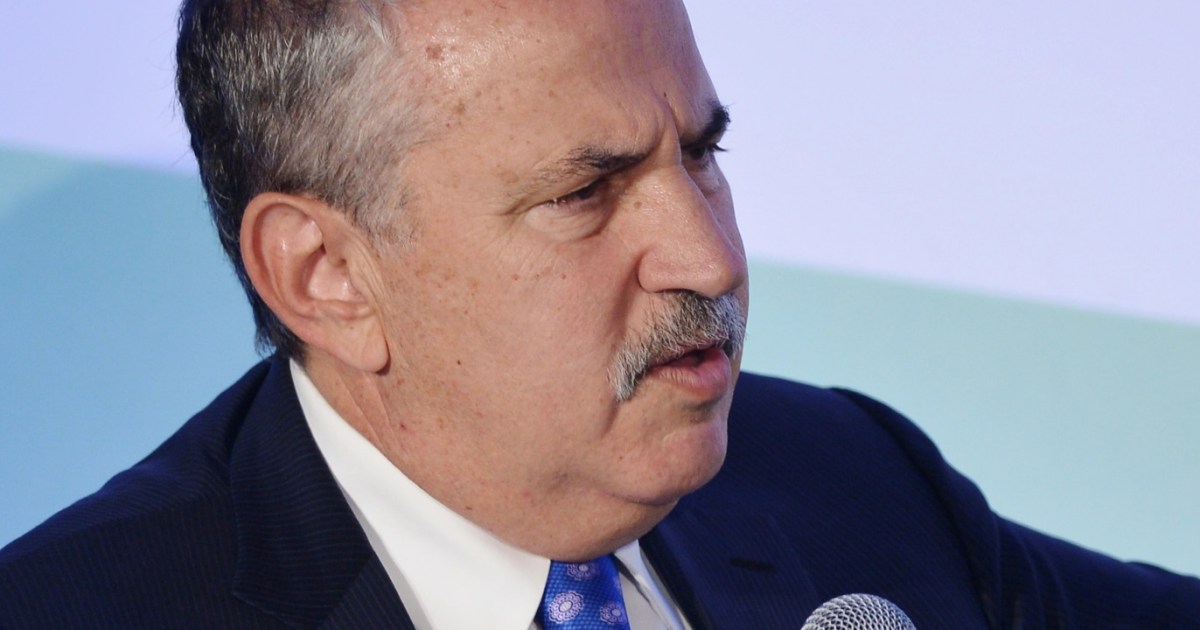18/9/2024–|Last update: 9/18/202410:55 AM (Makkah Time)
The veteran American writer discussed Thomas FriedmanIn his weekly column in the New York Times, the dilemmas facing American foreign policy make its role in “running the world” seem more difficult than it was even during the era of cold war.
Friedman described foreign policy as “much more difficult” than most Americans imagine; “near impossible” in an era that requires the United States to manage superpowers, giant corporations, powerful individuals and networks, raging storms, failing states, and highly effective intelligence services.
He highlighted that all of the above is intertwined, creating an incredibly complex web of problems that must be solved to accomplish anything.
The writer compared the current situation to the conditions that prevailed during the Cold War era, which was characterised by what was called “bold diplomacy” and whose hero at the time was the Minister of Foreign Affairs. Henry Kissinger It did not take him much effort to draft the historic disengagement agreements after October War 1973 Between Israel, Egypt and Syria.
Kissinger was dealing with countries, unlike the current US Secretary of State. Anthony Blinken Friedman believes he was unlucky when he took office, as he and the National Security Advisor were both responsible for Jake Sullivan And the director Central Intelligence Agency Bill Burns They were given difficult tasks and managed them well, he said.
The writer made another comparison between the Middle East during the eras of Kissinger and Blinken, noting that the region has now transformed from a region that includes “solid” nation-states to a region consisting of failed states and ghost states.“They are rebellious, capable men armed with precision-guided missiles,” he said.
He explained that he meant the Islamic Resistance Movement (agitation) in GazaandHezbollah In Lebanon, andHouthis In Yemen, and Shiite groups in Iraq.
As for Syria, Friedman adds, the government there is responsible for Damascus only, while the rest of the country is a mixture of areas controlled by Russia, Iran, Turkey, Hezbollah, American and Kurdish forces.
He pointed out that the United States could not communicate with the Hamas “network” in the Gaza Strip except through Qatari and Egyptian mediators.
One of the complications facing American foreign policy today, in the article’s view, is that Hamas has a military wing inside Gaza and a political wing outside the Strip.
In the face of these complexities, Friedman believes that what is clear to him in the new geopolitical world that the next US president will have to manage is that he needs many allies, adding that managing current international problems is not limited to “America alone” but rather to “America and its friends” together.
This is why he (Friedman) prefers the Democratic Party candidate. Kamala Harris On her Republican opponent Donald Trumpto be the president of the country because she worked in the administration of the current president. Joe Biden His greatest foreign policy legacy was his ability to build alliances.
It is true that maintaining alliances is never easy, especially at a time when the United States appears militarily unprepared to confront Russia, Iran and China, which has been engaged for years in strengthening its military capabilities, while Washington literally lacks the weapons needed to fight on all three fronts at the same time, according to Friedman.
The writer expressed his confidence that Vice President Harris is truly qualified to be the Commander-in-Chief of the Armed Forces if she wins the presidency, unlike Trump, “who is wrong on two issues: building alliances and combating immigration.”
He saw Trump’s automatic choice based on the premise of “America alone” as a recipe for a weak, isolated, fragile and declining America.





